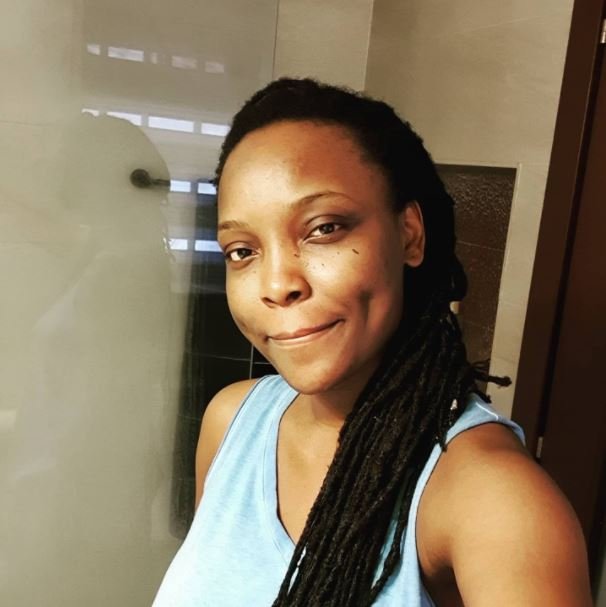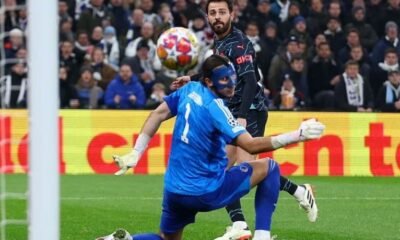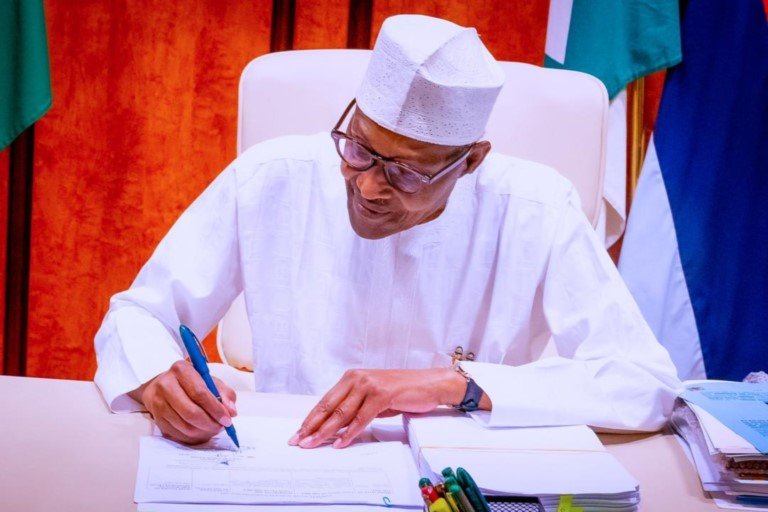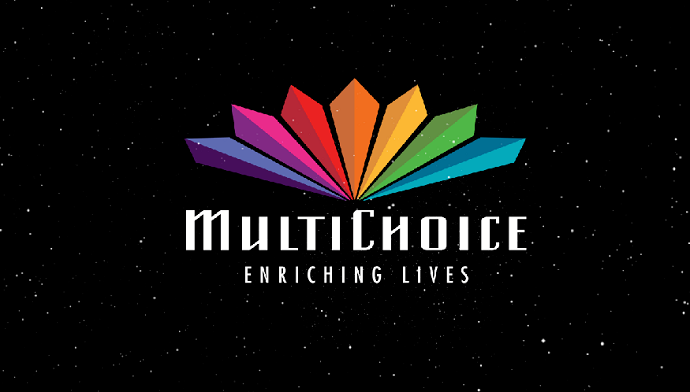National News
Toyin Subair plots return to Pay TV via new broadcast code
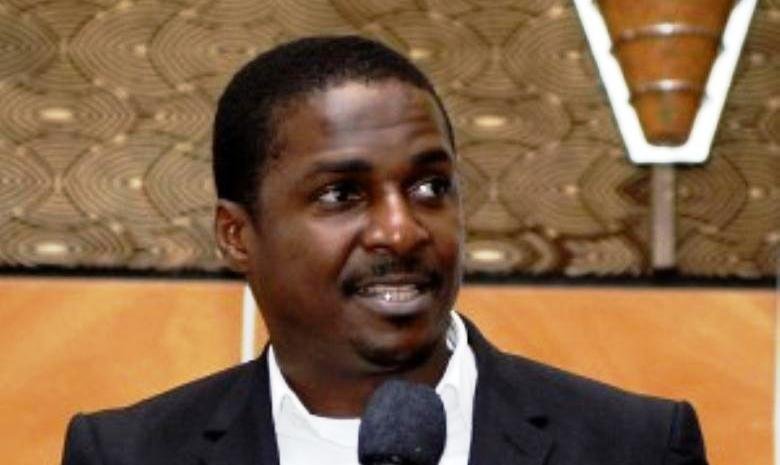
Businessman and promoter of defunct HiTV, Toyin Subair, seeks a return to the pay television industry by free-riding on the 6th National Broadcasting Commission Code which, among other controversial provisions, aims to end exclusivity.
Back in 2014, Toyin Subair, founder of the defunct pay television platform, HiTV, launched an ambitious move to return as a major player in Nigeria’s pay television market.
Subair, whose HiTV, crashed in 2011 after four years, launched PlayTV six years ago, hoping that it would rise to prominence from the rubble of HiTV. The foundation for PlayTV was Continental Satellite Television (Consat), the failed pay television platform owned by former Lagos State governor, Asiwaju Bola Tinubu.
PlayTV currently operates from the old Consat office located within the premises of the Tinubu-owned Television Continental (TVC) at CMD Road, Ikosi-Ketu in Lagos.
At launch, PlayTV promised subscribers that it would not be business as usual “as we will be rolling out with lots of interesting channels you’ve always loved and new channels you’d love to watch”.
It also claimed to have the potential to “be available to over 20 million homes and 150 million individuals”.

Six years after, it has failed to go anywhere near Toyin Subair’s projections and is remembered only by decoders bought for N15,000 by subscribers, with many bought by state governments headed by politicians on the same platform with Tinubu.
The Rivers State Government under Mr. Rotimi Amaechi bought 50,000 Consat decoders. Ibim Semenitari, Rivers State Information Commissioner at the time, confirmed the agreement with Consat, saying it was for the purpose of digital migration and a source of empowerment for the people of the state.
“We are getting the decoders because we need to migrate
to the new platform and we are also grooming installers for the project, which will, in turn, empower our youths by way of providing job opportunities,’’ Semenitari said.
She added that since the state-owned television and radio stations were in the process of joining the rest of the world in migrating to digital broadcasting, it was important that the purchase of the decoders was made to enhance the penetration of information to the remotest parts of the state.
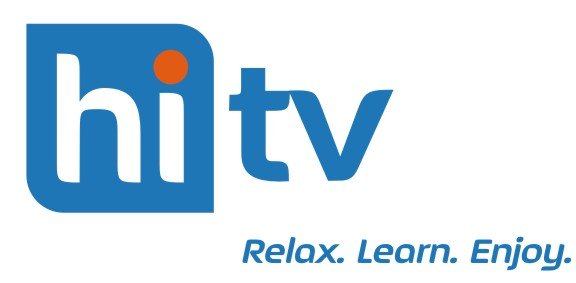
HiTV failed because of Toyin Subair’s poor management and decision making skills
“The penetration into the villages will not exist since we want to reach the largest mass of the people if we do not do this migration,’’ she explained.
However, Consat never got off the ground, a development that did not deter Toyin Subair, with the businessman now planning to bring it back as well in addition to add an Over-the-Top (OTT) platform that will be a hybrid of Ad-based Video-on-Demand (AVOD) and Subscription-backed Video-on-Demand (SVOD) services.
An OTT service delivers video content to users via an internet connection instead of a traditional broadcast service provider. AVOD is akin to traditional television, as its subscribers have to endure advertisements (as it happens on conventional television) and relies on revenues from advertisements to offset content production and hosting costs.
It does not require consumers to subscribe to have access unlike SVOD, which is a conditional access platform that requires payment of a monthly subscription fee for access.
Sources close to Toyin Subair, who still bears the scars of the failure of HiTV, disclosed that he is determined to do everything to ensure the success of the new venture.

Information minister, Lai Mohammed is an ally of Toyin Subair
“He is ready to do everything to make PlayTV a success and he’s tapping into political connections, which he’s always had, to make PlayTV work,” said the source.
Multiple sources told this paper that Subair is heavily dependent on his political connections, which have become stronger since 2015 when the administration of President Muhammadu Buhari came to office. Subair, who is close to Tinubu, is unsurprisingly also close to Information Minister, Alhaji Lai Muhammed, who owes his appointment to Tinubu.
Muhammed, whose ministry supervises the National Broadcasting Commission (NBC) is said to have Toyin Subair as his unofficial adviser. Subair is said to be the brain behind the 6th NBC Code, the subsidiary legislation guiding broadcasting in Nigeria, which was released to the public on 27 May.
Before the release of the NBC Code, the Information Minister, had announced the Federal Government was planning to prohibit exclusive ownership of broadcast rights to foreign football content in the country. Such rights were held by Subair’s HiTV between 2006 and 2011 when they were wrested from the MultiChoice-owned SuperSport platform. The cornering of the popular broadcast of English Premier League matches, said sources, followed the payment of $28 million, an amount MultiChoice could not afford.
At the expiration of the three years, the cost had gone up. HiTV paid $40 million for the first year of the second round of three years, but needed $70 million as guarantee for the two remaining years.
“We paid $40 million for the first year of the second term of the EPL from mostly equity. But still had to come up with a guarantee of about $70 million for the latter two years and in Nigeria, guarantee requires cash in bank. The alternative bank we were forced to use despite all their assurances and being offered half of the amount by another bank failed to issue same on that fateful Tuesday and only offered it to us on Thursday. Meanwhile the EPL sold it to our competition on Wednesday morning,” he wrote in an article published on his Linked-in page in 2016.
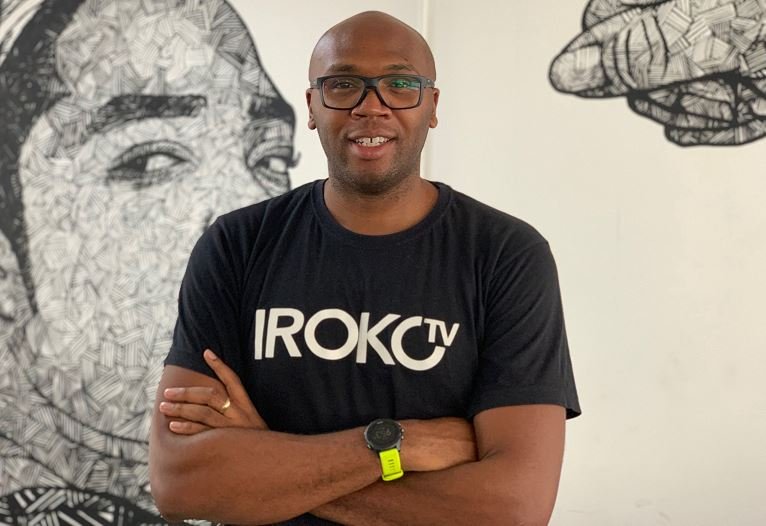
Jason Njoku, IrokoTV has kicked against the new NBC code
He argued that HiTV slipped into coma from which it never recovered because it could not raise capital as a result of an unfavourable shareholder agreement.
“HiTV collapsed essentially because of a clause in our original Shareholders Agreement, which allowed a group of founding shareholders to block the company raising money or selling off a subsidiary.
“This right was exercised to block our capital raise because it was believed to be a possible ploy by another group to take control of the company. We, the management, were caught in the middle and it took us another eight months to pursue the alternative that was acceptable to the shareholders, but by that time, the equity market had gone bust, leaving us grovelling all over for debt,” he wrote.
Subair also blamed the NBC for not backing him, saying: “We ran to government to enforce the fairness clauses of the NBC Act, but it fell on deaf ears.”
The loss of the rights to the prized sports content, sources said, still haunts Subair.
“He is possessed by retributive fantasies and will stop at nothing to crush anyone he believes contributed to the demise of HiTV. He is enjoying enormous support from Geodfrey Ohanbuwa, owner of Multimesh Broadcasting, a cable TV platform and Chairman of the Broadcasting Organisations of Nigeria (BON). Toyin Subair’s handwriting is all over the new NBC Code, especially the desire to regulate exclusivity,” explained a source.
Multiple sources disclosed that Subair’s gunsight is trained on MultiChoice, which currently holds the rights to broadcast the English Premier League, UEFA Champions League, Spanish La Liga, other premium sporting content and a variety of popular programmes as well as shows.
Subair’s objective, they said, is to use the force of regulation to hoover up sporting and general entertainment content to PlayTV to ensure it does not choke like HiTV, which was solely reliant on the EPL, and break or at least water down MultiChoice’s influence in the pay television market.
Sections 9.0.1 to 9.0.3 of the new NBC Code speak to the Information Minister’s announcement on exclusivity before the code was issued. The sections make exclusivity illegal and seek to compel rights holders to sports broadcast property and any content enjoying audience applause to share with competing broadcast platforms.
These sections have been widely criticised by notable industry figures, who argue that aside from infringing on their copyright to such content, they also have the potential to discourage investment and creativity in local content production.
Jason Njoku, CEO of IrokoTV, said provisions of the code, which compel content sub-licensing to competitors and empower the NBC to determine sub-licensing fees will discourage investment in local content production.
He warned that content platforms such as Africa Magic, Filmhouse Cinema, Netflix and Irokotv will be forced to stop investing in local content.
“Nigeria Broadcasting Commission (NBC), in making exclusivity illegal, compelling sub-licensing of content and regulating price is effectively turning private enterprise into state property.
“Interference distorts markets. If implemented, this 100% destroys Pay TV in Nigeria
“Under these proposed terms, it makes zero sense for @irokotv @ROK_DSTV @NetflixNaija @irokotv @africamagictv @FilmhouseCinema @SilverbirdTV @SceneoneTV or any other platform or independent production house to invest in local content,” said Njoku in a series of tweets.
He argued that the code is bereft of deep thinking and was produced without consultation with stakeholders.
Subair was a major figure at a 3 June webinar organised by Filmic Group, a body of creative industry professionals and was loud in defending provisions seeking to regulate exclusivity.
In a recent article, foremost journalist and Director, Media Law Centre, Richard Akinnola, wrote that the attempt to limit exclusivity is draconian and will sound a death knell for creativity.
“Nothing could be more overbearing. This clause would certainly not stand the legal scrutiny when challenged in court. Apart from the fact that this provision is nebulous, as it did not define the nature of such anti-competition actions, this provision, apart from stifling creativity, is also a breach of the intellectual property rights of the broadcaster and content owners. What happens to the agreements/partnerships entered into by broadcast stations and independent producers, particularly with foreign concerns, particularly with humongous investments?” he asked.
He argued that however noble the intendments of the NBC Code are, they are at variance with the extant provisions of the Copyright Act.
Many industry sources attribute Subair’s failure with HiTV to an alleged extravagant lifestyle, notably flying first class on company funds.
Subair, however, dismissed the allegation, saying HiTV had a solid corporate governance structure and that he paid from his purse whenever he travelled.
“HiTV had full corporate governance rules in place and a budget that was jealously guarded by a Board that sat six times in a year. Even when I went out or travelled with a supplier, I always insisted on paying, but only my shareholders and management team knew that.
This forthrightness of mine made me throw caution to the wind since I knew I was clean, but unfortunately, I didn’t realise the negative impact it could have on my reputation,” he said in the article published on his Linked-in page.


